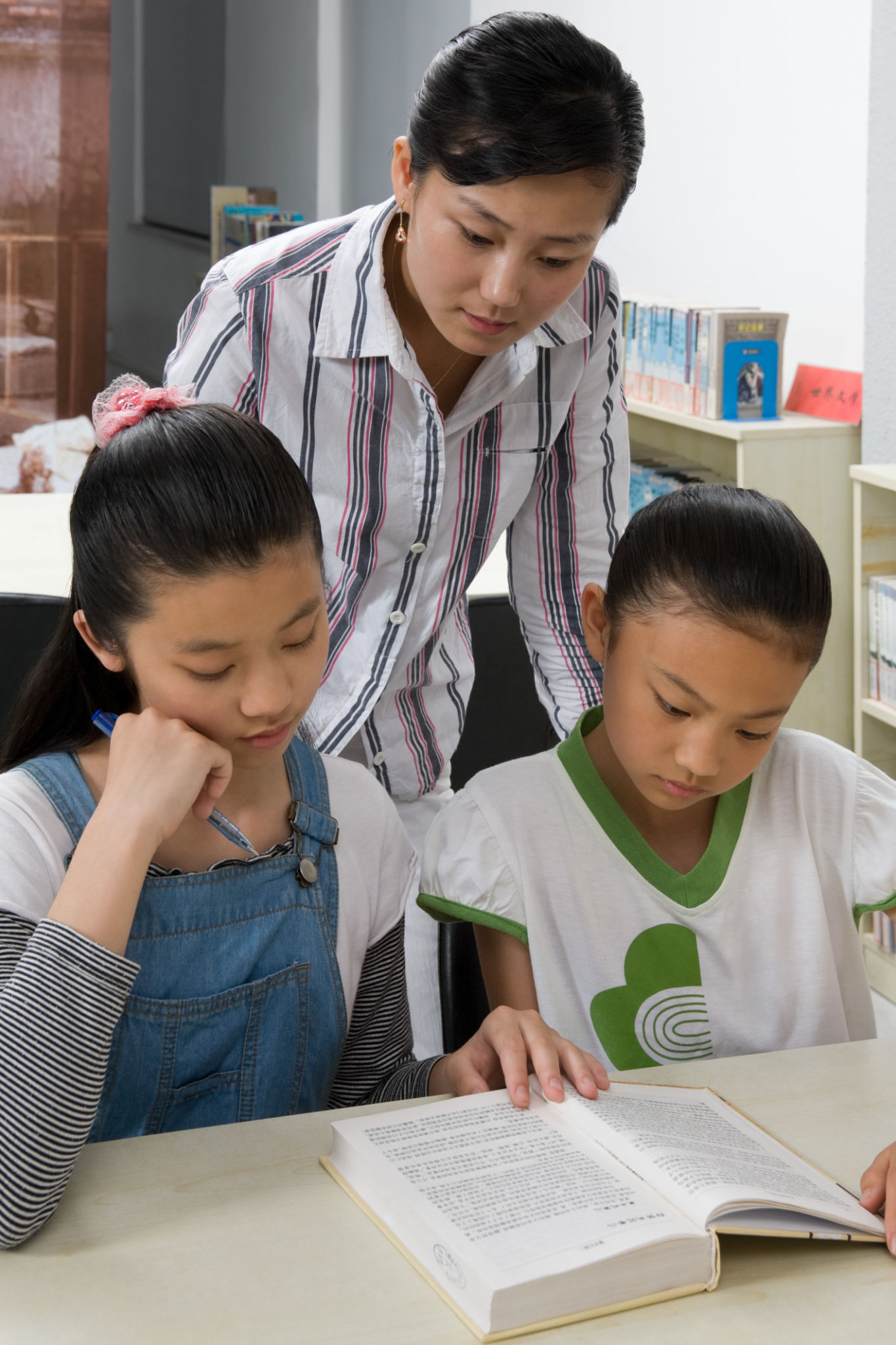Why Play-Based Learning is Essential for Early Childhood Development
The Importance of Play in Learning
Play-based learning is a fundamental aspect of early childhood development, providing children with opportunities to explore, discover, and learn in a natural and enjoyable way. Unlike structured learning, play-based learning allows children to engage with their environment and peers creatively, fostering cognitive, social, and emotional growth.

Through play, children develop critical thinking skills as they navigate different scenarios and solve problems. This type of learning encourages exploration and experimentation, enabling children to make sense of the world around them at their own pace. As they play, children learn to ask questions, make decisions, and develop an understanding of cause and effect.
Cognitive Benefits of Play-Based Learning
Play-based learning significantly impacts cognitive development by enhancing memory, attention span, and language skills. Children engaged in play-based activities often exhibit improved memory retention as they repeat and reinforce learned concepts. This method also aids in developing language skills through storytelling, role-playing, and interaction with peers.
Furthermore, play-based learning encourages curiosity and a love for learning. Children who learn through play are more likely to maintain a positive attitude towards education and are motivated to explore new ideas and concepts. This intrinsic motivation lays a strong foundation for lifelong learning.

Social and Emotional Development
The social benefits of play-based learning are equally significant. Through group play, children learn essential social skills such as cooperation, empathy, and conflict resolution. They practice taking turns, sharing resources, and understanding different perspectives, which are crucial for building healthy relationships.
Emotionally, play-based learning helps children express their feelings and manage emotions effectively. It provides a safe environment for children to navigate complex emotions and develop resilience. By engaging in imaginative play, children can explore different emotional responses and learn coping mechanisms that will benefit them throughout life.
Physical Development Through Play
Physical development is another key aspect of play-based learning. Active play promotes gross and fine motor skills as children run, jump, climb, and manipulate objects. These activities not only contribute to physical health but also improve hand-eye coordination and spatial awareness.

Moreover, play encourages healthy lifestyle habits from a young age. Physical activity through play helps prevent obesity, strengthens muscles and bones, and improves overall physical fitness. Encouraging children to engage in active play sets the stage for a healthy lifestyle as they grow.
Implementing Play-Based Learning
Incorporating play-based learning in early childhood education requires creating an environment that encourages exploration and creativity. Educators can facilitate this by providing a variety of materials and resources that stimulate imagination and curiosity. It's important to balance structured activities with unstructured playtime to allow children the freedom to direct their own learning experiences.
Parents can also support play-based learning at home by providing opportunities for imaginative play, such as setting up a pretend grocery store or building a fort. Encouraging outdoor play and minimizing screen time can further enhance the benefits of play-based learning.
Conclusion: The Lasting Impact of Play-Based Learning
In conclusion, play-based learning is an essential component of early childhood development. It nurtures cognitive, social, emotional, and physical growth while instilling a love for learning. By prioritizing play in education, we can empower children to become curious, motivated learners who are well-prepared for future challenges.
As we continue to understand the profound impact of play on development, it's crucial for educators and parents alike to advocate for and implement play-based learning strategies in their teaching practices. In doing so, we pave the way for a brighter future for our children.
